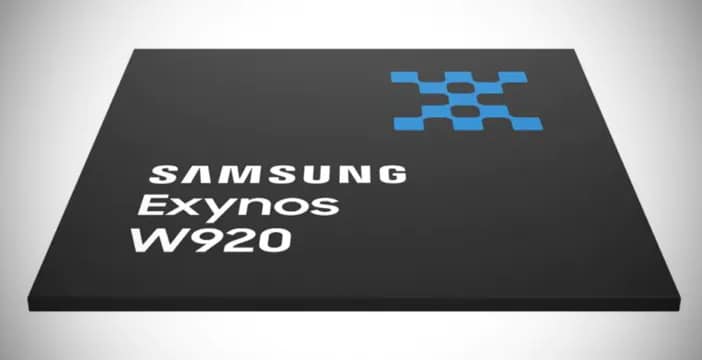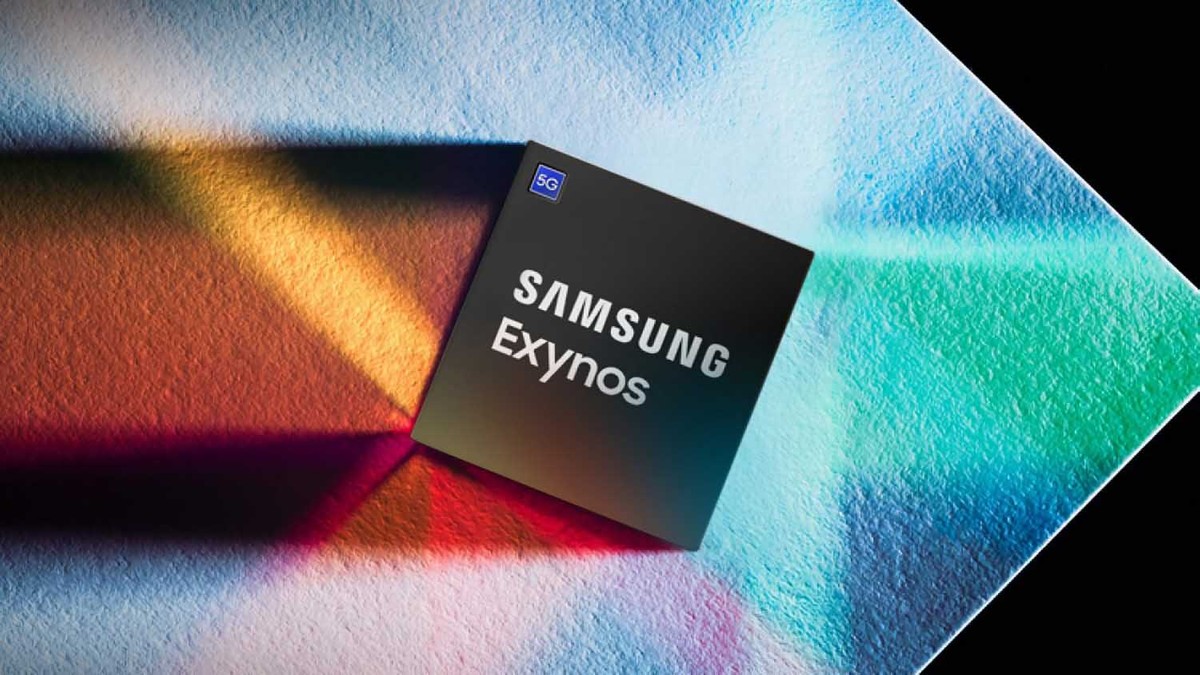The next chip Samsung Exynos Sara designed by artificial intelligence provided by the Synopsys. The Korean company’s next smartphone or tablet may have a processor created by a machine. And in the future, AI will play an increasingly important role in designing our electronic devices.
Samsung uses artificial intelligence to design the next Exynos chip
According to a report from Wired, Samsung has set out to revolutionize the way chips are designed for mobile devices. In fact, the Korean company has signed an agreement with Synopsys, one of the largest chip makers in the world. Leveraging its vast experience in building processors, Synopsys developed the software DSO.ai, which uses artificial intelligence for optimize chip design.
The new software uses “reinforcement learning“, Which studies the advantages and disadvantages of different designs to evaluate which are the best choices for the manufacturer. Currently, i billions of transistors that make up a chip are designed by a team of engineers for 20-30 weeks before the processor is ready for your smartphone. With artificial intelligence, this process should become significantly faster. For an average of six months, a just a month of work.

But the improvement is also on performance. According to Synopsys, DSO.ai has made it possible to increase the chip frequency of 18% in some cases. The energy consumption drops by 21% instead, allowing you to increase the autonomy of your devices. And the algorithms will improve with new data, making progress easier.
The new Samsung chips will be the first to use a mix between artificial intelligence and that of the best engineers, who will oversee the entire process. But also Google e Nvidia are developing similar technologies, with other companies like EDA who are creating AI software designed for this.
The future of chips sees machines building ever more powerful machines. It is the beginning of every sci-fi movie in which robots conquer the Earth. But coming out of science fiction, it is also the way more efficient to improve the performance of our smartphones.















Leave a Reply
View Comments